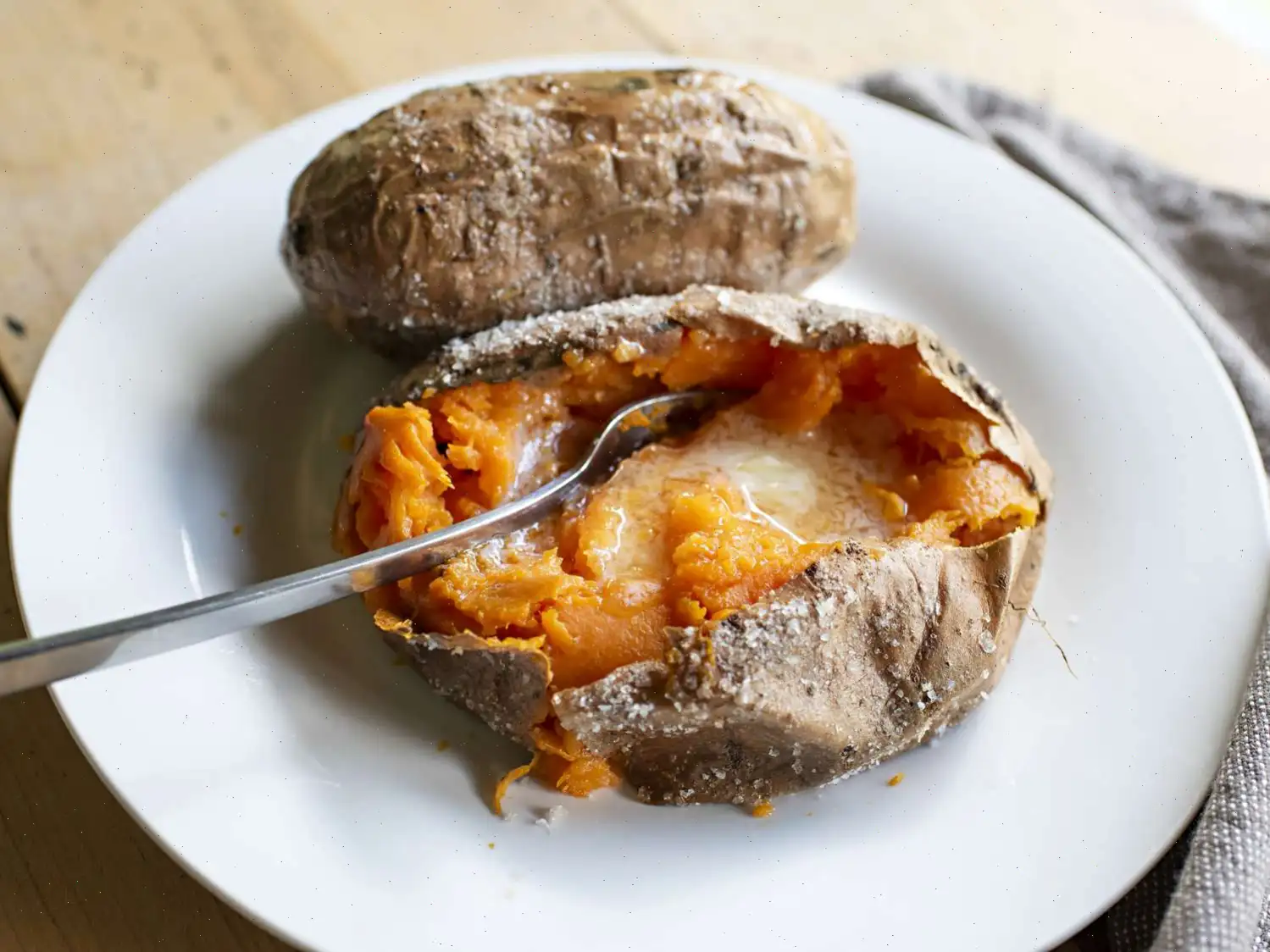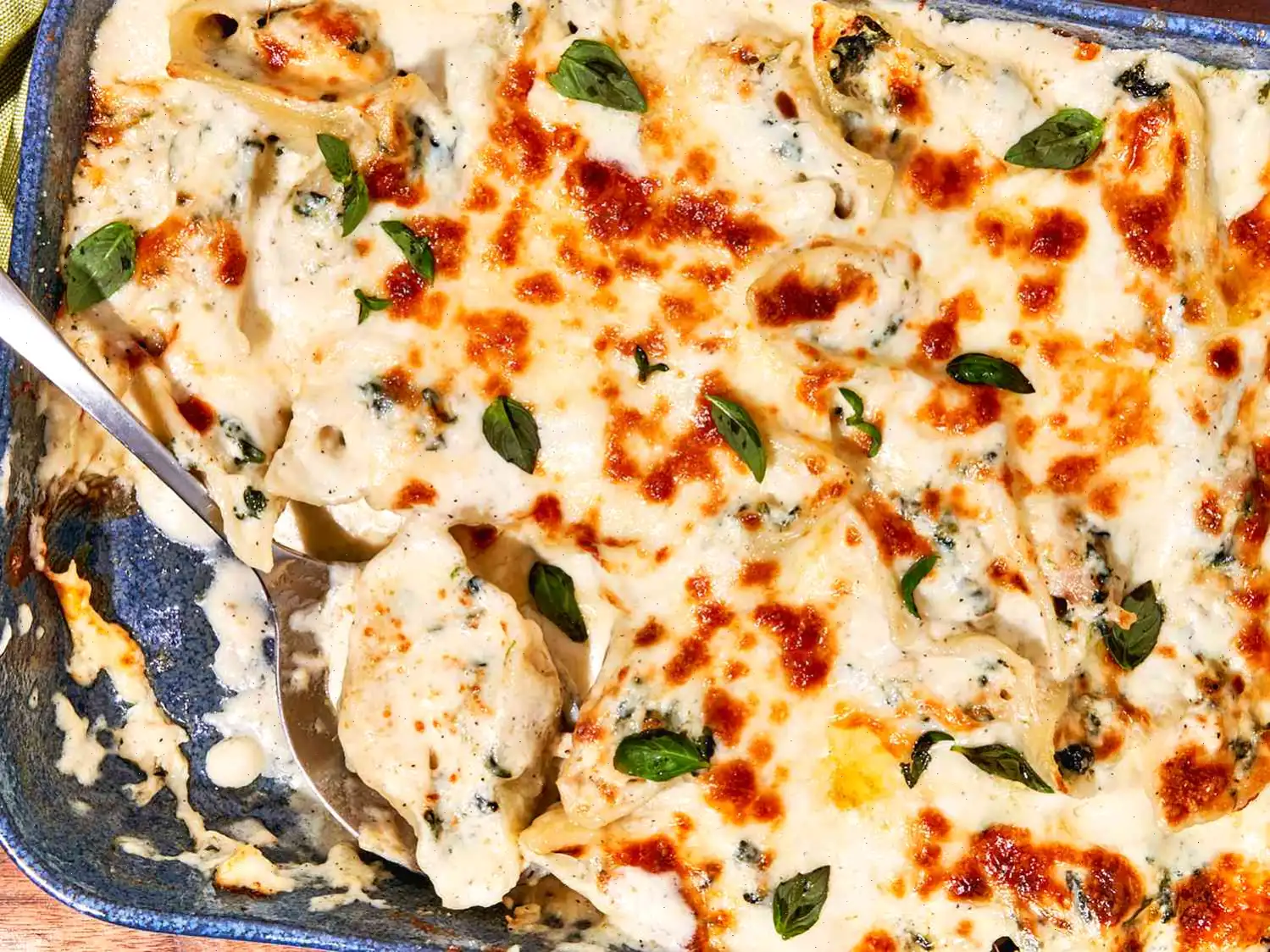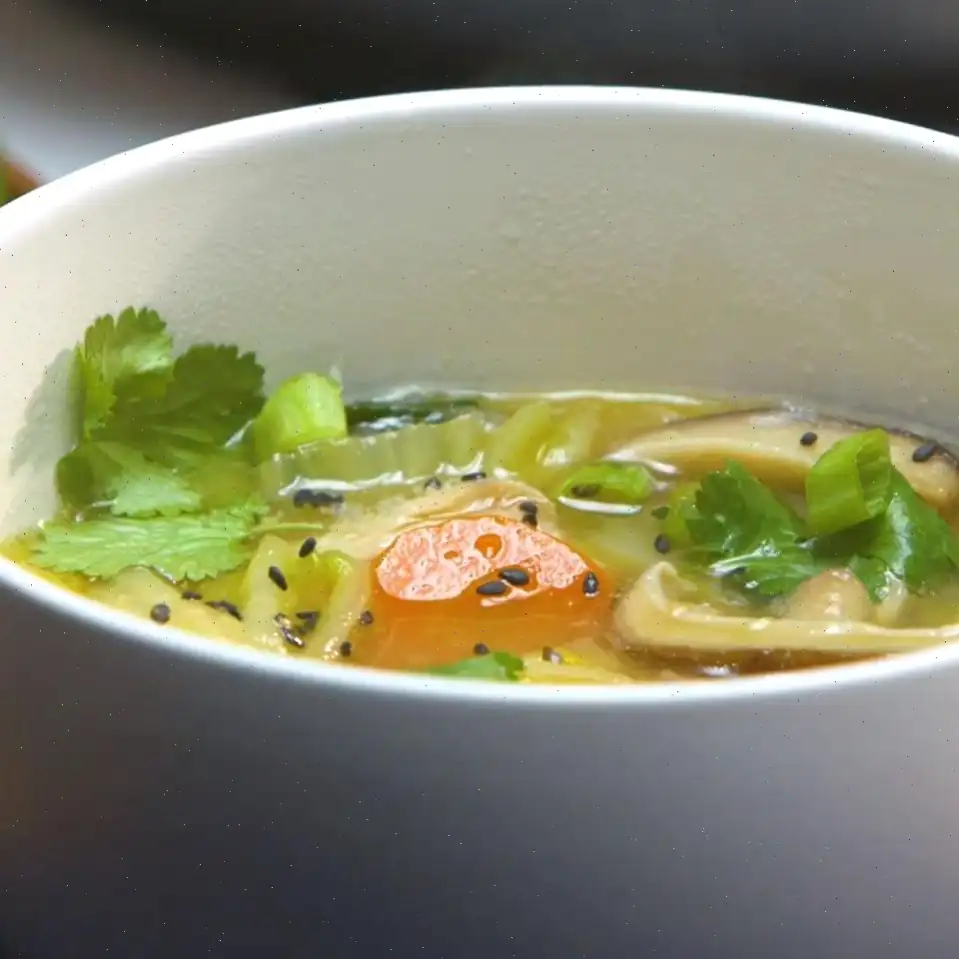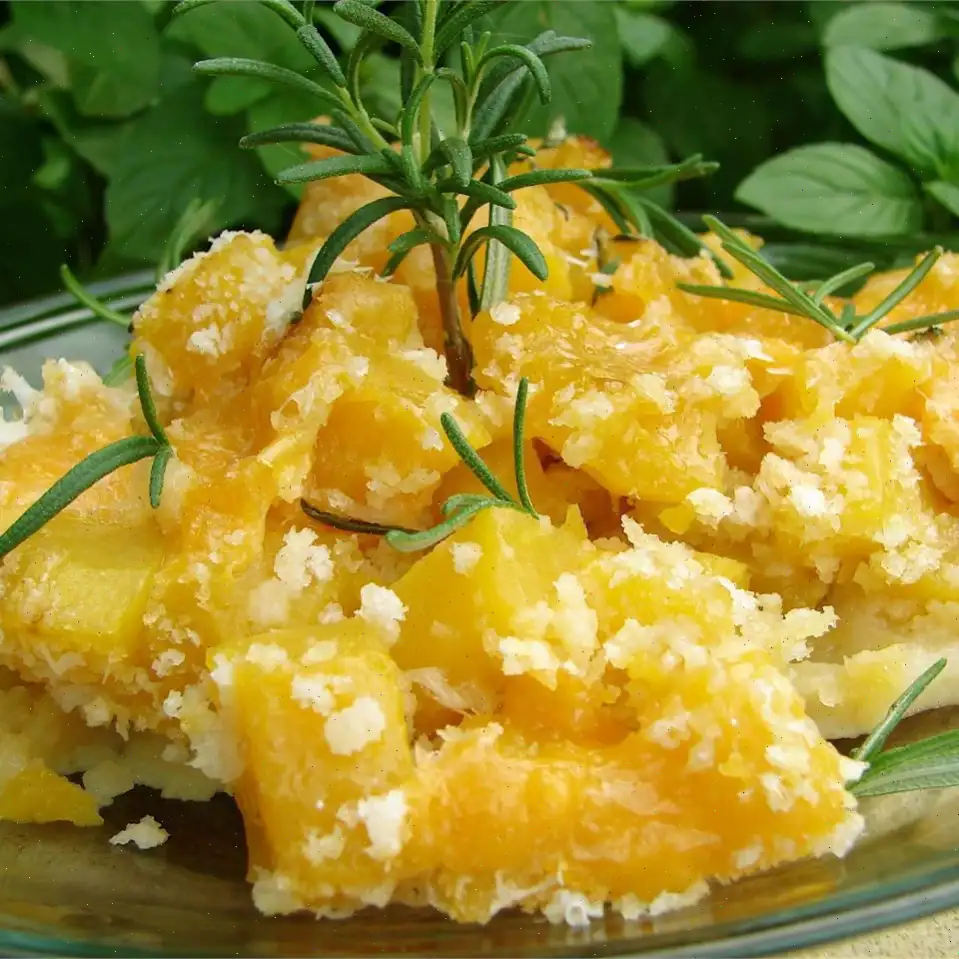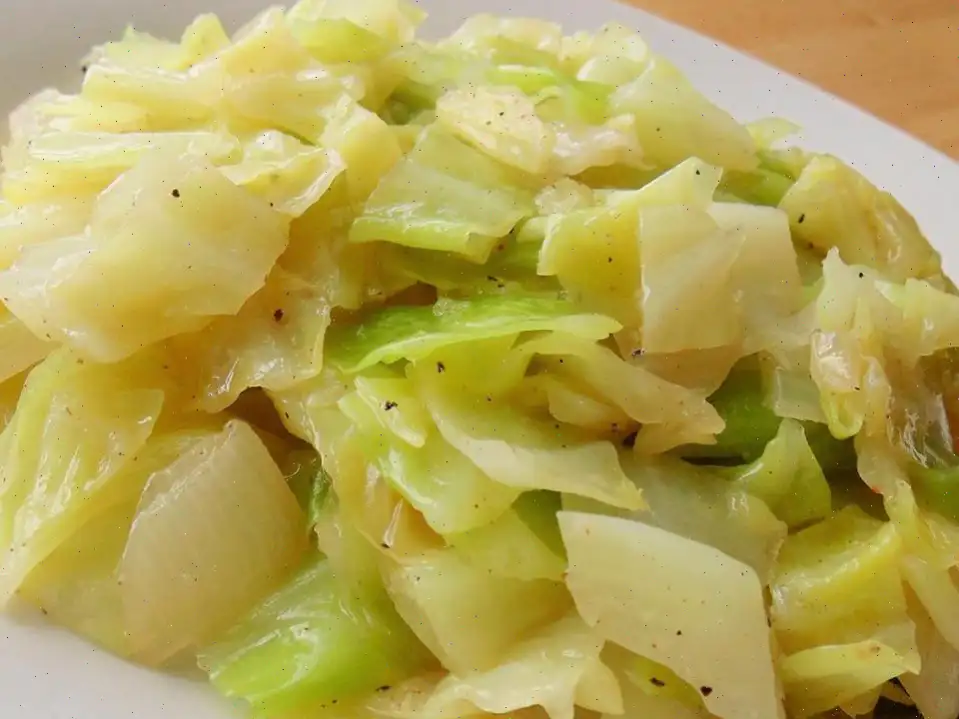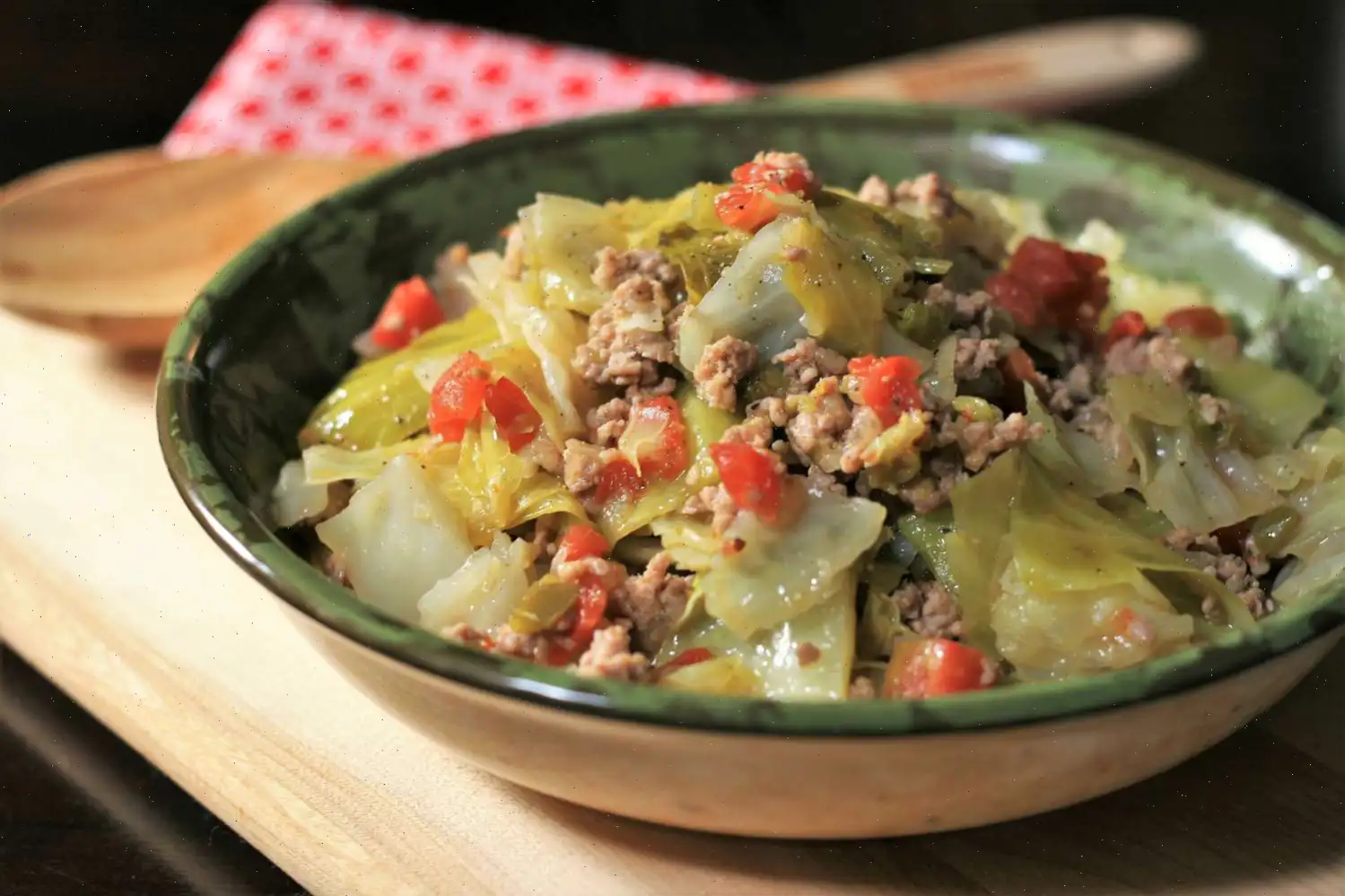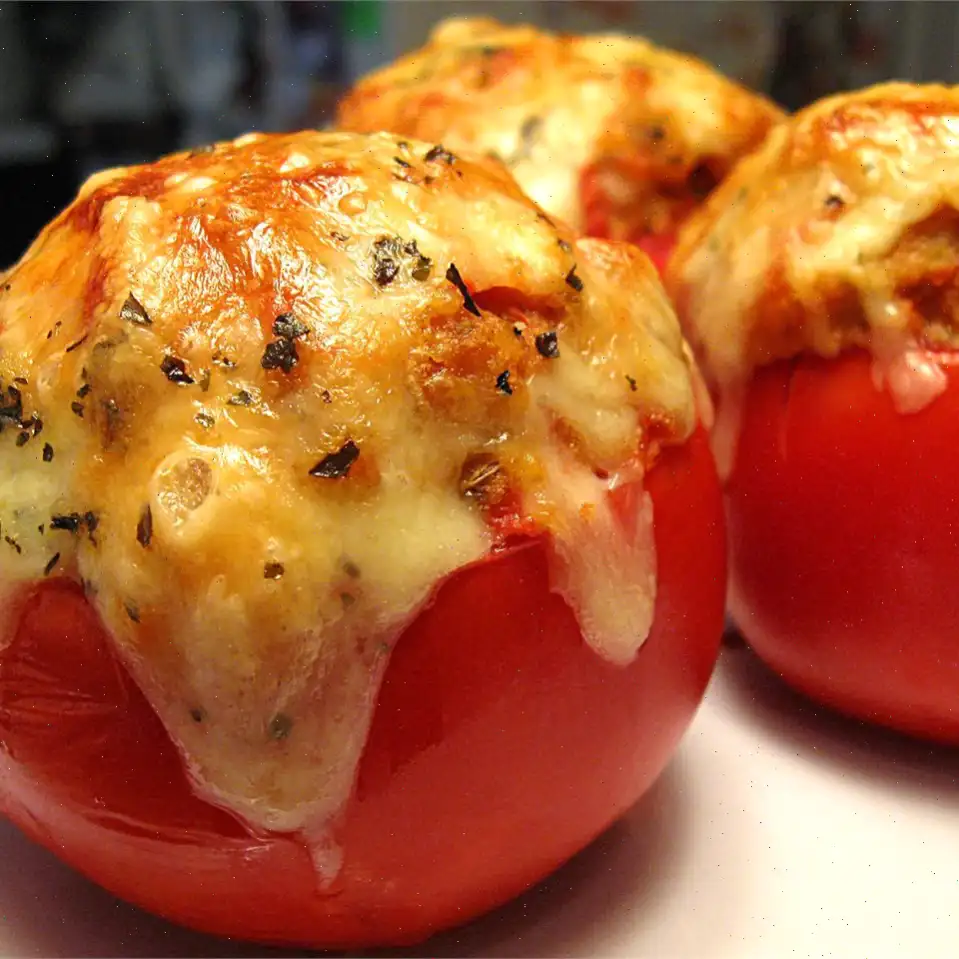
Whole Roasted Sweet Potatoes Recipe
This simple yet delicious recipe for baked sweet potatoes is a healthy and satisfying option for any meal. With just a few ingredients, you can create a warm and flavorful dish that everyone will enjoy.
Ingredients
- 4 sweet potatoes
- 1 tablespoon vegetable oil
- 1 teaspoon sea salt
Directions
Step 1: Preheat your oven to 400F (200C). Line a baking sheet with parchment paper or aluminum foil to make clean-up easier.
Step 2: Wash the sweet potatoes thoroughly and dry them with a paper towel. Use a fork or sharp knife to prick the potatoes about 5 times to allow steam to escape during baking.
Step 3: Rub each potato with vegetable oil and sprinkle with sea salt. This will help create a crispy skin while baking.
Step 4: Place the prepared potatoes on the baking sheet and transfer them to the preheated oven. Bake for approximately 1 hour, or until the potatoes are tender inside.
Step 5: To check for doneness, gently squeeze the potato using an oven mitt or pierce it with a fork or knife. If it resists, return it to the oven for an additional 10-15 minutes.
Step 6: Once the potatoes are soft inside, slice off the top and fluff the flesh with a fork. Add your favorite toppings and serve immediately.
Cook's Note
The cooking time can vary depending on the size and shape of the sweet potatoes. For small potatoes (about 2-1/2 inches wide), check for doneness after 45 minutes. Medium-sized potatoes (2-1/2 to 3 inches wide) usually take about 1 hour. Larger potatoes (3-3-1/2 inches wide or around 1 pound) may need about 1 hour and 15 minutes.
Nutrition Facts (per serving)
| Calories | 133 |
| Total Fat | 4g (5% Daily Value) |
| Saturated Fat | 1g (3% Daily Value) |
| Cholesterol | 0mg (0% Daily Value) |
| Sodium | 570mg (25% Daily Value) |
| Total Carbohydrate | 24g (9% Daily Value) |
| Dietary Fiber | 4g (13% Daily Value) |
| Total Sugars | 7g |
| Protein | 2g (5% Daily Value) |
| Vitamin C | 22mg (25% Daily Value) |
| Calcium | 44mg (3% Daily Value) |
| Iron | 1mg (4% Daily Value) |
| Potassium | 542mg (12% Daily Value) |
Note: Nutritional values are based on a 2,000-calorie diet. Your individual needs may vary based on your daily caloric intake. Always consult with a healthcare professional or dietitian if you have specific dietary concerns.
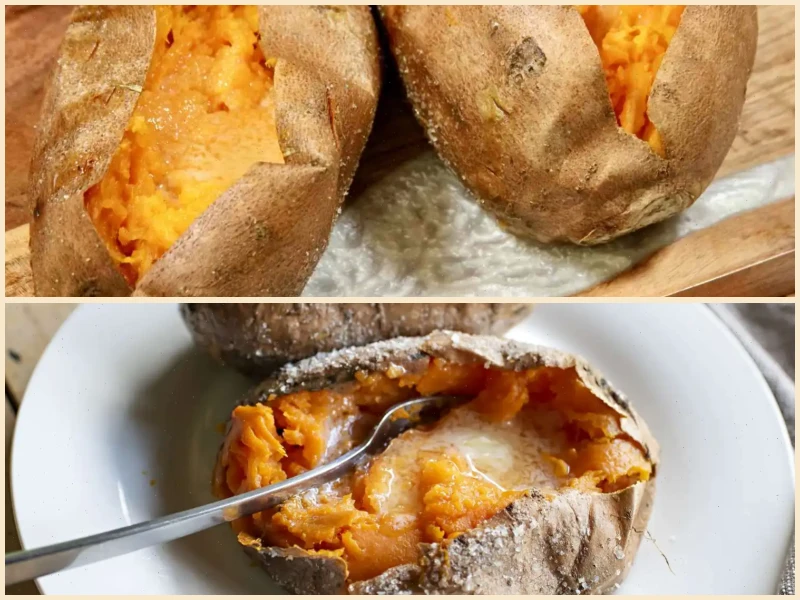

Recipe by Pat Bernitt
History and Origins
The sweet potato, scientifically known as Ipomoea batatas, is native to Central and South America, where it has been cultivated for over 5,000 years. It played an important role in the diet of indigenous peoples before spreading to other parts of the world. In the United States, sweet potatoes became particularly associated with Southern cuisine, where they are often served in various formsmashed, baked, or roasted. The practice of roasting sweet potatoes whole preserves their natural sweetness and flavors, which has made this method a beloved way to prepare the vegetable for centuries. Whole roasted sweet potatoes are a staple in both casual home kitchens and high-end restaurants, thanks to their simplicity and rich, comforting taste.
Regional Features
Sweet potatoes are grown in many regions of the world, from the U.S. to Asia and Africa. The method of roasting sweet potatoes varies slightly depending on the culture. In the U.S., especially in the South, roasted sweet potatoes are often seasoned with butter, cinnamon, and brown sugar for a sweet twist. In contrast, countries like Japan might roast sweet potatoes with a more savory touch, sometimes with salt or sesame seeds, reflecting the more subtle flavors of their cuisine. The method of roasting the entire sweet potato, rather than peeling and chopping, allows the potato to retain its natural flavors and nutrients, which is a common practice in many parts of the world.
Differences from Similar Dishes
Roasting sweet potatoes whole differs significantly from other popular potato dishes. Unlike mashed potatoes, which are boiled and then mashed, whole roasted sweet potatoes maintain their structure, creating a crispy skin and tender, flavorful interior. Unlike baked potatoes, which are often served with butter and sour cream, sweet potatoes are naturally sweet and can be paired with both savory and sweet toppings. This versatility is what sets them apart from other potato-based dishes. Additionally, sweet potatoes have a lower glycemic index than regular potatoes, which makes them a healthier option for those looking to manage blood sugar levels.
Where Its Typically Served
Whole roasted sweet potatoes are commonly served as a side dish in both casual and formal dining settings. In the U.S., they are a popular accompaniment to holiday meals, especially Thanksgiving, where they may be served with marshmallows or pecans. They are also frequently found on the menu of comfort food restaurants or barbecue joints, where their natural sweetness pairs well with smoky and savory flavors. In other parts of the world, such as in parts of Asia, they may be served as street food or enjoyed as a light meal, often eaten simply with salt or sesame oil.
Interesting Facts
- Sweet potatoes are rich in beta-carotene, which the body converts into vitamin A. This makes them an excellent choice for maintaining healthy skin and eyes.
- While often mistaken for yams, sweet potatoes and yams are actually two different plant species. Yams are typically starchier and less sweet than sweet potatoes.
- The color of a sweet potato's skin can range from golden to deep purple, while the flesh may be white, yellow, or orange, depending on the variety.
- Sweet potatoes were used as a symbol of prosperity in ancient civilizations, and in some cultures, they were considered an offering to the gods.
Conclusion
Whole roasted sweet potatoes offer a simple yet delicious way to enjoy this nutritious root vegetable. Their versatility allows for a wide range of seasonings and toppings, making them a great addition to any meal. Whether you enjoy them savory or sweet, whole roasted sweet potatoes are a timeless dish with a rich history and a place in kitchens around the world.
FAQ about Whole Roasted Sweet Potatoes Recipe
Comments
James Brown
08/31/2022 12:46:29 AM
I absolutely adore baked sweet potatoes, and whenever I've tried to speed up the process by using the microwave, they never turn out quite right. I used to think that wrapping them in aluminum foil was the only way to achieve that perfect balance of tenderness in the middle and crispy, salty skin that I crave from a restaurant. I'm thrilled to discover that I can skip the foil altogether (saving time and avoiding the use of aluminum) and still enjoy that delightful combination of crunchy and creamy, salty and sweet flavors that I adore. This method will definitely be my go-to from now on!
Robert Anderson
04/11/2025 03:55:13 AM
Sure! Here is the rewritten review: "This is the perfect way to roast whole sweet potatoes. I find that roasting them before making mashed sweet potatoes yields much tastier results compared to boiling them. Thank you for sharing this recipe - it turned out perfectly. I also recommend placing aluminum foil on the baking sheet for easier clean-up, as the potatoes release moisture while baking, which can lead to a burnt pan that's difficult to clean."



